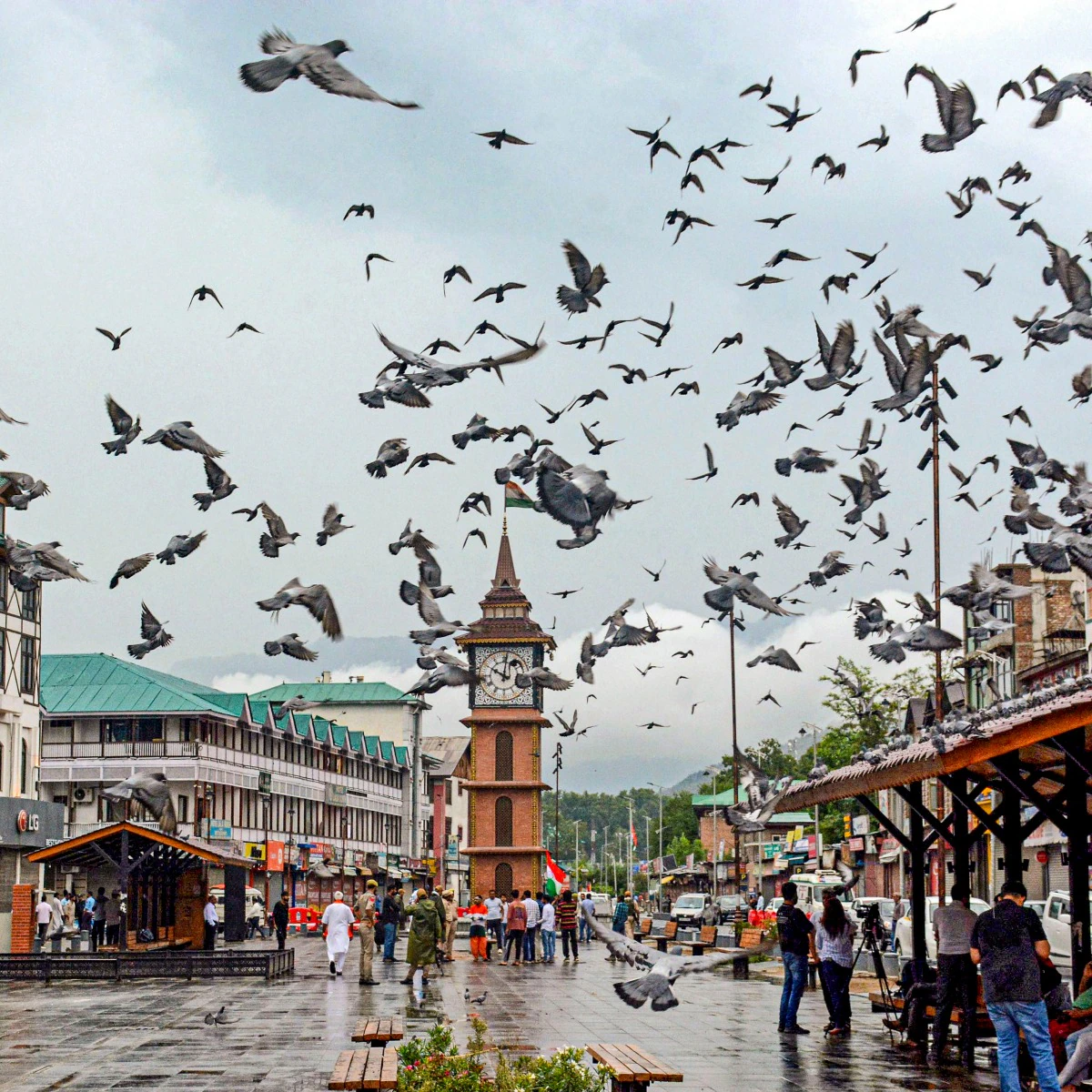India and Pakistan Reopen Airports and Airspace Following Military De-escalation—Relief Returns to Kashmir
According to a report by the Associated Press (AP), both Indian and Pakistani authorities announced on Monday that no gunfire was exchanged along their heavily militarized border the previous night—for the first time in several days, both sides remained calm.
India and Pakistan Reopen Airports and Airspace Following Military De-escalation—Relief Returns to Kashmir
India and Pakistan Reopen Airports and Airspace Following Military De-escalation—Relief Returns to Kashmir
[May 12, 2025, New Delhi]
According to a report by the Associated Press (AP), both Indian and Pakistani authorities announced on Monday that no gunfire was exchanged along their heavily militarized border the previous night—for the first time in several days, both sides remained calm.
On Saturday, under U.S. mediation, India and Pakistan agreed to cease all military activity by land, air, and sea to prevent rising tensions between the two nuclear-armed nations from threatening regional peace.
The Indian Army stated in a release, “The night along the Line of Control (LoC) in Jammu and Kashmir and the international border remained largely peaceful,” and no reports of conflict were received.
Senior military officials from both countries are scheduled to hold talks later on Monday to assess the status of the ceasefire agreement. Some skepticism arose when, just hours after the ceasefire was announced, both sides accused each other of violations, raising doubts about its durability.
Local government officials in Pakistan-administered Kashmir reported no incidents of cross-border firing and said that civilians displaced by recent clashes had begun returning to their homes.
Pakistan's military spokesperson, Lieutenant General Ahmed Sharif, reiterated on Sunday night that Pakistan remains committed to the ceasefire and will not be the first to break it. He also confirmed that Indian and Pakistani military officials will speak over the phone on Monday.
Immediately following the ceasefire announcement on Saturday, Pakistan reopened all its airports and resumed flight operations. On Monday, India also reopened 32 airports in its northern and western regions that had been temporarily closed.
India's airport authority said in a statement, “We announce that these airports are now open for civilian air traffic.”
Since Wednesday, Indian and Pakistani military forces had been engaged in one of the most intense exchanges in decades after India conducted strikes on targets inside Pakistan. India claimed those targets were linked to militants responsible for the brutal killing of 26 tourists in Pahalgam, located in Indian-administered Kashmir, last month.
India blamed Pakistan for the attack, a charge Islamabad has denied. This sparked a major diplomatic standoff, driving bilateral relations to the brink.
Both countries expelled each other's diplomats, closed air and land borders, and suspended a key water-sharing agreement.
Following Wednesday’s attack, both sides engaged in heavy cross-border shelling, and later launched missile and drone strikes on each other’s military and air bases. The intense bombardment caused significant civilian casualties on both sides.
On Sunday, for the first time, the Indian Army claimed that its operations resulted in the deaths of over 100 militants in Pakistan-administered Kashmir and inside Pakistan itself, including several top commanders.










